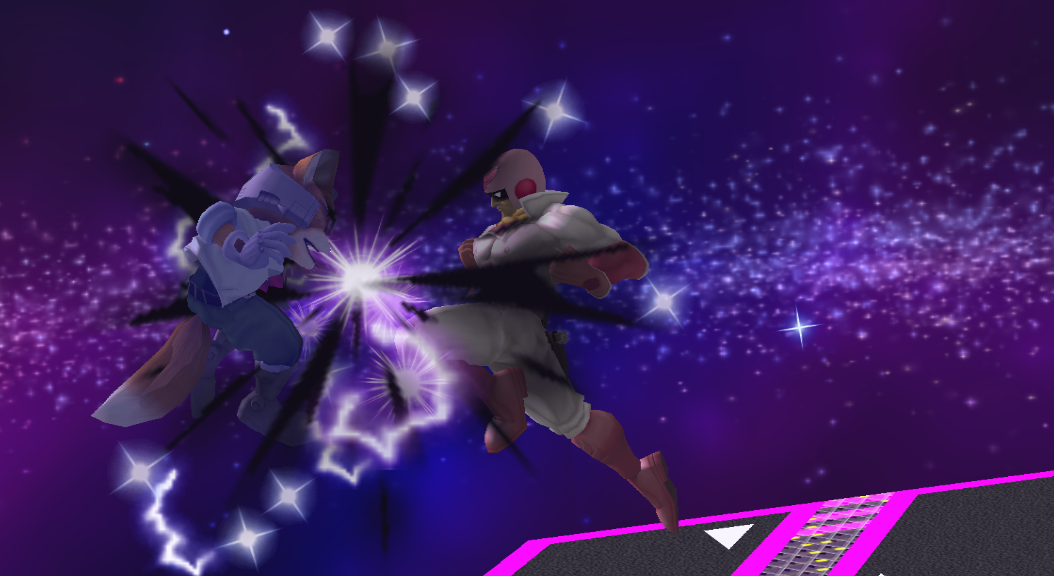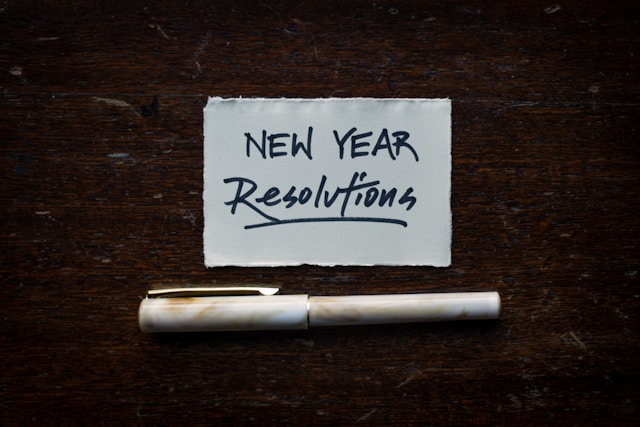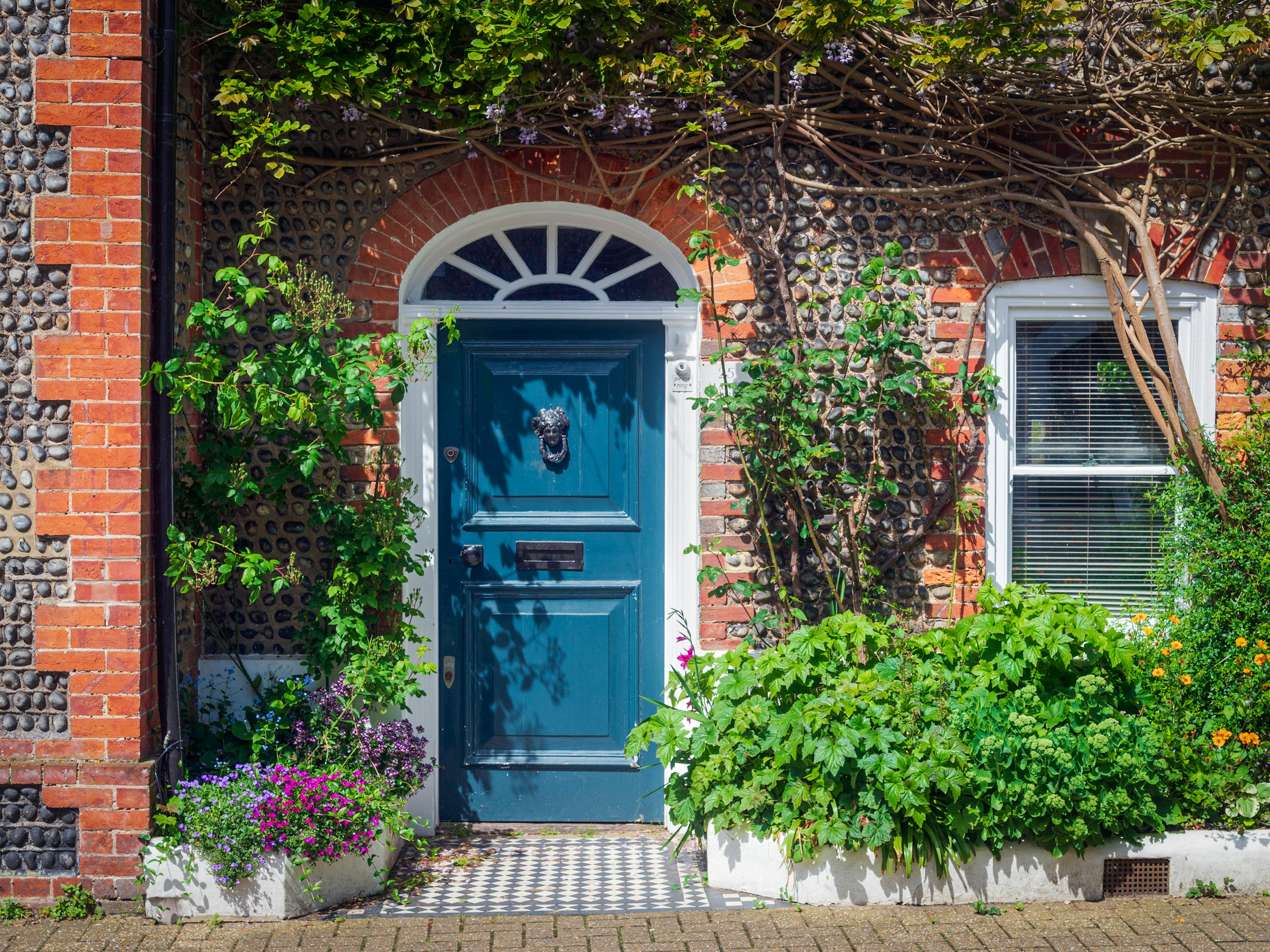Featured image credit to Red Bull Esports.
By Mike O’Brien
Esports has a bad rep. Between cringy intros in the Overwatch League, and the conservative insistence that video games cause everything from social anxiety to mass shootings, public perception of competitive gaming has some growing up to do. Despite being a billion-dollar industry, Esports faces an uphill climb against its uninitiated critics who see the whole enterprise as ‘just playing video games’; even the term ‘Esports’ is frequently disputed.
To bring insight, I spoke with George ÔÇÿisdsar’ Diamanto, a second-year Computer Science student at Cardiff University. He also happens to be the best Smash Bros Melee player in Greece and one of the best Captain Falcon players on this side of the Earth. What ensued was an enlightening talk about George’s growth, both as a player and a person, and what Melee had to do with it.
Do you have much of a relationship with games outside of Melee?
Outside of Melee, not anymore. But I definitely used to, yes. A major experience growing up was gaming. Got a lot of friends from school and stuff like that. I played a lot, many different genres of video games, tried everything out there is, you know what I mean? You’re just a kid, you try everything that comes out. I’d say I do, yeah.
It’s tapered off in recent years?
Melee just by itself takes a huge portion of every day. That’s why I don’t play many video games. The other reason is that I just don’t find other games interesting anymore. If I’m gonna spend time on something now, why not just get a new hobby instead? I started skating a month ago, instead of just picking up another video game.
When you play Melee now, is it more productive or recreational for you?
It’s always both. Even the ‘boring’ stuff – analysis, labbing, experimenting with what works and what doesn’t – it’s a very deep game, so it requires a lot of sitting down in front of the TV screen every day, which I’ve done for five years now. But it’s both – if I didn’t enjoy it, I wouldn’t be doing it. It requires hard work, so it is productive, and it helps you out in other areas outside of Melee.
If I didn’t get through the deep learning process of this game, I would have more trouble with other aspects of life. Once you reach a certain level of competition, you become more confident in other areas. It’s not only confidence, but learning and the way you learn. [Melee has even] helped me out with cooking. It’s about being disciplined, fast, precise, and patient. These are all traits you learn just from playing it enough. You’re constantly judging yourself, and the more objective you are about your play, the better you are. You have to see things from a fair perspective, and Melee teaches you that.
I’ve heard that you’re a big cook these days.
I’m alright. I’m a home cook, obviously. On a scale of 1 to 10, I’d put me on a 2 or 3. Because I’m in the UK, I have to cook to eat good food.
Surely you don’t mean to suggest that British cuisine lacks nuance, George?
It sucks man, it really does.
What is it about cooking that keeps you interested?
It’s very creative […] the way I view a recipe is the same way you view a combo flowchart in Melee. The game taught me how to make really good flowcharts, so in that sense, following a recipe always yields satisfactory results.
How is your lifestyle and your success within Melee perceived outside of the community?
The more it goes on, the more [my parents] understand it and why I do it, but they don’t approve that I play 5-6 hours a day. I know for a fact that they won’t appreciate it and want me to spend that time on something else. But they can see the results spilling over into other areas of my life and they’re fine about it. My friends back in Athens think it’s sick.
What is an average day for you like?
I make sure everything is running fine, that there’s nothing wrong with the house, nothing wrong with uni, nothing is wrong with the bills. When that part of the day is done, it’s either gaming with friends or going out with friends.
You’ve been playing Melee for five years. How’d you get into it?
I first played when my cousins back in Greece bought a GameCube, and they booted up Melee. I was like, 10? Played it for a week there with my cousins. Seven years later, I saw APEX 2013 [the tournament] on Twitch, and I realised that I had the Gamecube lying around. Booted it up, played it, and I was horrible. I couldn’t move around or anything. But that was it. And then the documentary cemented the idea that I should really go for it.
Like everyone else, you started terribly. But unlike everyone else, you’re stomping local tournaments without much competition. You’re the best in Greece.
I was the second guy that started, pretty much. There was one guy before me who posted on a Greek Smash Bros Facebook group. I sent him a message, met up with him, he was a homie – everyone from Melee is a homie – and he beat me up. For two years. I was #2 consistently, since newer players were constantly joining. We’d [play Melee at] tournaments for the newest game (Smash 4 at the time) and pick people up from there. We’d bring our giant old-ass TVs, our GameCubes from 2001, and people saw our hands moving faster than [the Smash 4 players], and people got involved.
Eventually we had large group of guys playing Melee, but I was always number two. When number one left, another guy came and became number one. I remember losing to that guy at a tournament and crying on the way home. Even though number one left, I was still number two! So I wasn’t actually number one in Greece until, at some point, I became better. Eventually.
Everyone has challenges at the beginning. Even in a completely new scene where everyone is really bad, I still had a lot of competition. It was really nice to just start a new scene and not have people that were extremely good. Thinking about it now, if I started now and somebody was insane in terms of skill… it’s totally hypothetical, but I wouldn’t be so motivated. We all grew together in Greece. That’s why it was so good.
Let’s talk about the climb. You can play games for years, but it doesn’t mean you’ll be any good. How do you get results?
It’s been a lot of sacrifice in terms of time, people, going out. When I first started, I was so into it that my school friends would ask me to hang out on a Friday night, and I’d say ÔÇÿno, I’m meeting up with my Melee friends tonight’. We’d play ten hours straight, four days a week. That’s one part of the sacrifice. The other part is the time I spent by myself. [ÔǪ] It takes a chunk of your free time away. Whether it’s a good day or a bad day, you have to practice. That approach worked best for me. A consistent schedule of everyday practice. To others who want to get better as well – if you have two hours a day to spare, go for it.
Do you regret declining social opportunities to pursue Melee?
Sacrifices are always something to regret. You’re always thinking, ‘what if I just went there tonight?’ I don’t regret [pursuing Melee]. But I do regret the fact that I didn’t get to have those nights.
What do you think you missed out on?
My biggest regret… not enough girls. I think that should be any man’s biggest regret. Nah, I’m just joking. It is definitely one, though.
You joke, but are romantic pursuits important to you?
I think it should be in every person’s interest, at some point. At some points it might not be, but I think it should be there. Melee took away a small part of it. I don’t think I’d get many more girls [if I didn’t play]. Just a couple chances that you always regret; chances to go to that special place with your friends that I passed up to play Melee.
But that allowed me more time to think about the mentality problems a child might have at my age. When you’re looking at a screen for eight hours straight, you’re thinking more than [when you’re] just partying. You have way more ‘me time’ to think about what your problems are and how to solve them. And that obviously led to some improvements, to figure some stuff out. I still am, of course, but in terms of mental problems and mental health, Melee has been a very positive factor. I still got some girls, god bless. And I still went out with friends. I just did it a little bit less.
You’ve mentioned mental health. How is your relationship with it?
I don’t have any major mental health issues. I never did in my life, I think I’m fortunate enough, got lucky. I just had improvements to make in terms of mentality, which Melee helped a lot. Getting to stay inside and think about things, and then going to a tournament and meeting hundreds of people… It’s going from one end to the other. Melee takes people out of their basement and into a thousand-man tournament. There’s no in-between.
Being around so many people in a competitive environment was something I’d never experienced before. I couldn’t figure out what I wanted to do. Couldn’t figure out an answer, my opinions would change from one day to the next. This back and forth went on for quite a while until I went to my first major tournament and saw three hundred people really pushing themselves on this game, and I realised that’s what I wanted to do. I no longer felt the need to question myself about everything I did. Melee solved it. I’m happy, like I was when I started. It’s always been a very happy thing.
There’s been some talk about purpose. Would you say you’ve got your life mapped out?
Definitely not. I just have some insight into some possibilities, that’s the stage I’m at right now. Considering where I was, that’s a big step – from knowing absolutely nothing to making some sort of plan in your life. I’m currently studying Computer Science, I might possibly do a master’s degree, and I’m fortunate enough to have parents who support me in that. I have a lot of options. These are all options I’m considering. I can’t see further than three or four years ahead. I’m still young, still inexperienced, who can say what’s going to happen? I think I have a plan in my head, and that’s the purpose I’m talking about. Getting a degree. Getting a job. Pursuing Melee. Maybe if that works out I’ll become a Melee player. Maybe I’ll just get a job in a CS company. We’ll see. But it’s going good right now. I’m lucky, lucky that my parents had enough funds to support me, enough love, the friendships and relationships I’ve made… when you think you’re lucky, that’s when you’re good.
Do you see much of a divide between eSports and physical sports? Is playing Melee for six hours a day any different to playing football for six hours a day?
It’s identical to physical sports in that you must focus, sacrifice, read your opponent, and interact with them. It’s a human opponent, you have to fight their brain, which is the same concept as playing a sport. You’re trying to mess with your opponent’s mind and figure out how it works. But to pursue a physical sport, you need to make bigger sacrifices.
I’ve done both. I’ve played tennis since I was five. It takes a lot more physical action to improve. You need to have a better diet, you need to pay a lot more money. It’s more intimidating as well. A guy playing video games next to you is gonna be chill, he’s not gonna be screaming his lungs out pushing both his mind and his body to 120%. Melee is just a mind thing. It’s not the same; but each has its benefits. I do Melee much more than sports right now because it’s way easier. All I have to do is sit in front of my screen. That might be depressing to others who might prefer to go out in a field and play with twenty other people. I like it here more. I find it magical that I can just sit in my house and improve for something that I can go to a major tournament for and compete for a win. All this, just from my couch chilling.
What does Melee mean to you, in a nutshell?
It’s a lifestyle. I have a lot of friends and relationships attached. I spend a lot of time every day on it. It’s part of my life. [Ultimately], you can always get better. That’s what Melee means to me. It doesn’t matter how hard something might seem at the beginning, if you spend enough time on it, it’ll happen. It’s so nice to see improvement. Seeing yourself develop through the years gives you more meaning than just playing a game. I’m proud of how I play, and [the beauty of Melee] is that you can express that through your playstyle. That’s why it’s so much fun. It’s interesting and challenging to climb this mountain. It’s literally a mountain, and I’m about a quarter of the way there.
What’s at the top of the mountain?
Winning a major. But it’s gonna be a long way.
Do you think you could be the best in the world?
I think even you could become the best in the world. It’s not as impossible as you might think. It’s one of those games that rewards true skill.
Melee is the American dream.
Literally, yes. Maybe that’s why [it has such a presence in the US]. Anyone can become the best. It doesn’t matter who you are. It just matters what you do with the game. That’s all.

If untrained eyes waded through the labyrinth of smoke, consoles, and lo-fi beats of George’s flat, they might just see a bunch of chill guys goofing around on a video game. I suspect the Melee crowd would agree with this surface level observation to some extent, but it fails to acknowledge the true value of the subculture.
Melee is a remarkably expressive game, one which affords such unparalleled control over its characters that playing it feels more like exercising a second body than mindlessly fighting. A game with that much specificity and control makes each player’s in-game persona a uniquely distinct set of behaviours in a way that few other games can. The fact you can recognise individual players through the nuances of minor movements is fascinating. You may assume that, with around twelve viable characters, all of whom only have a select number of moves, a game of such dynamism doesn’t seem possible. It’s not all that different to the distinctions between drummers who, ultimately, are all using drumsticks on a drum kit. It’s a fusion of sorts, a mid-ground between the frenetic improvisation of jazz, the raw expression of dance, and the competitive fortitude of a combat sport.
Wales’ ensemble of Melee players are passionate artists and scientists. They aren’t just playing a game ÔÇô they’re creating and experimenting on the canvas of Melee. Instead of rendering them socially inept, it’s bringing them together, forging new relationships and fostering genuine personal growth. George especially lacks the stereotypical caveats of a professional gamer. He is confident, precise, passionate, someone with a clear affinity for life, and after speaking with him, it’s not difficult to see how competitive gaming has enriched him, despite the regrets and the ÔÇÿwhat-ifs’ that we all bear.


